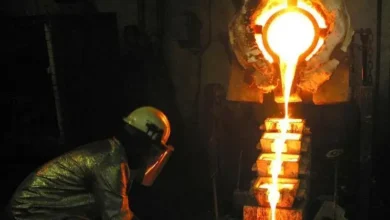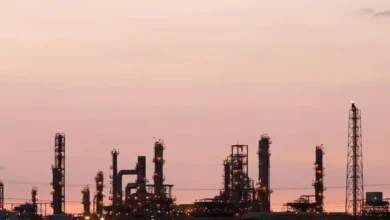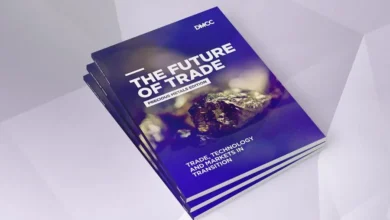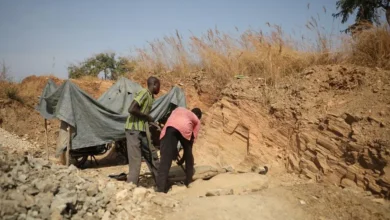
FROM July 29 to August 2, the International Seabed Authority (ISA), a UN-backed regulatory body primarily comprising executives from the global mining industry, will hold its annual meeting in Kingston, Jamaica. The objective of the meeting, which the group failed to achieve at last year’s conference, will be the formulation of guidelines for the expanded exploration and exploitation of mineral resources found on the deep seabed in international waters. The Philippines, which has been embarrassingly hypocritical on the issue, needs to clearly add its voice to the growing chorus of national governments, global corporations and major financial institutions calling for a stop to seabed mining, either in the form of an outright ban or some form of moratorium until more research can be done to determine how it might be done without destroying the ocean environment.
Given its deep industry connections, the ISA has made it clear that seabed mining is something it very much wants to happen, using the excuse that the vast amount of mineral resources on the ocean floor are necessary for green technology. Indeed, the amount of minerals such as manganese, cobalt and nickel that are believed to lie at the bottom of the sea is astounding. The world’s richest patch, the Clipperton-Clarion Fracture Zone, an area in the Pacific between Hawaii and Mexico about the size of India, Pakistan and Bangladesh combined, is thought to hold between $8 trillion and $16 trillion in minerals wealth. Along with other types of mineral-rich areas, the deep oceans are thought to hold several times the total amount of minerals found on land.BBM signs anti-scam, procurement laws
However, harvesting these resources is incredibly destructive to the ocean environment, as the only technology that exists essentially involves strip-mining the top couple of meters of the seafloor. At last year’s ISA meeting, the group found itself the target of unexpectedly fierce opposition to its plans to issue dozens of exploration licenses. Twenty-one countries, including mining powerhouses Canada and Brazil, signed a declaration calling for an outright ban on undersea mining, a moratorium or a “precautionary pause” until more research can be done to better inform the development of a regulatory treaty.
These governments were joined by 37 financial institutions and investment groups, among them French insurance giant Allianz and public bank La Banque Postale group, major Dutch insurance group ASR Nederland, and the CZ Group, which issued a separate joint statement to the ISA “urging governments to protect the ocean and not proceed with deep seabed mining until the environmental, social and economic risks are comprehensively understood, and alternatives to deep-sea minerals have been fully explored.” Several high-profile corporations also declared they would not use ocean-sourced minerals in their supply chains due to environmental concerns; the most notable of these were Samsung, BMW, Volvo and Google parent company Alphabet.
Not only have none of these dissenters changed their minds, in the run-up to the impending ISA meeting, they have been joined by others. The US state of Hawaii last month issued a complete ban on all undersea mining within its waters, covering more than 3,000 square kilometers of the sea; the states of California and Oregon earlier did the same, as have several Pacific Island nations.
And where does the Philippines stand on all this? Apparently, in a spot labeled cynical self-interest. While the secretary of the Department of Environment and Natural Resources (DENR), Maria Antonia Yulo-Loyzaga, during the COP28 climate summit in December called for nations to be cautious in considering seabed mining, just two months prior the Department of Foreign Affairs (DFA), in cooperation with the ISA, was hosting a workshop in Manila “to discuss the framework needed to enable the country to participate in ocean mining,” according to a statement from the DFA. In fact, the government already allows it within our own waters, albeit of a lower-value type — mining for magnetite off the northern coast of Cagayan province, black sand in the Lingayen Gulf, and extensive construction sand mining off the coast of Cavite.
Standing in opposition to growing global dissent against destructive seabed mining is not a good look for the Philippines, and this is particularly true when it announced its intention to pursue legal action against China for environmental damage in the West Philippine Sea. A clear and principled statement rejecting seabed mining, at least until sustainable conditions can be met, must be issued.




